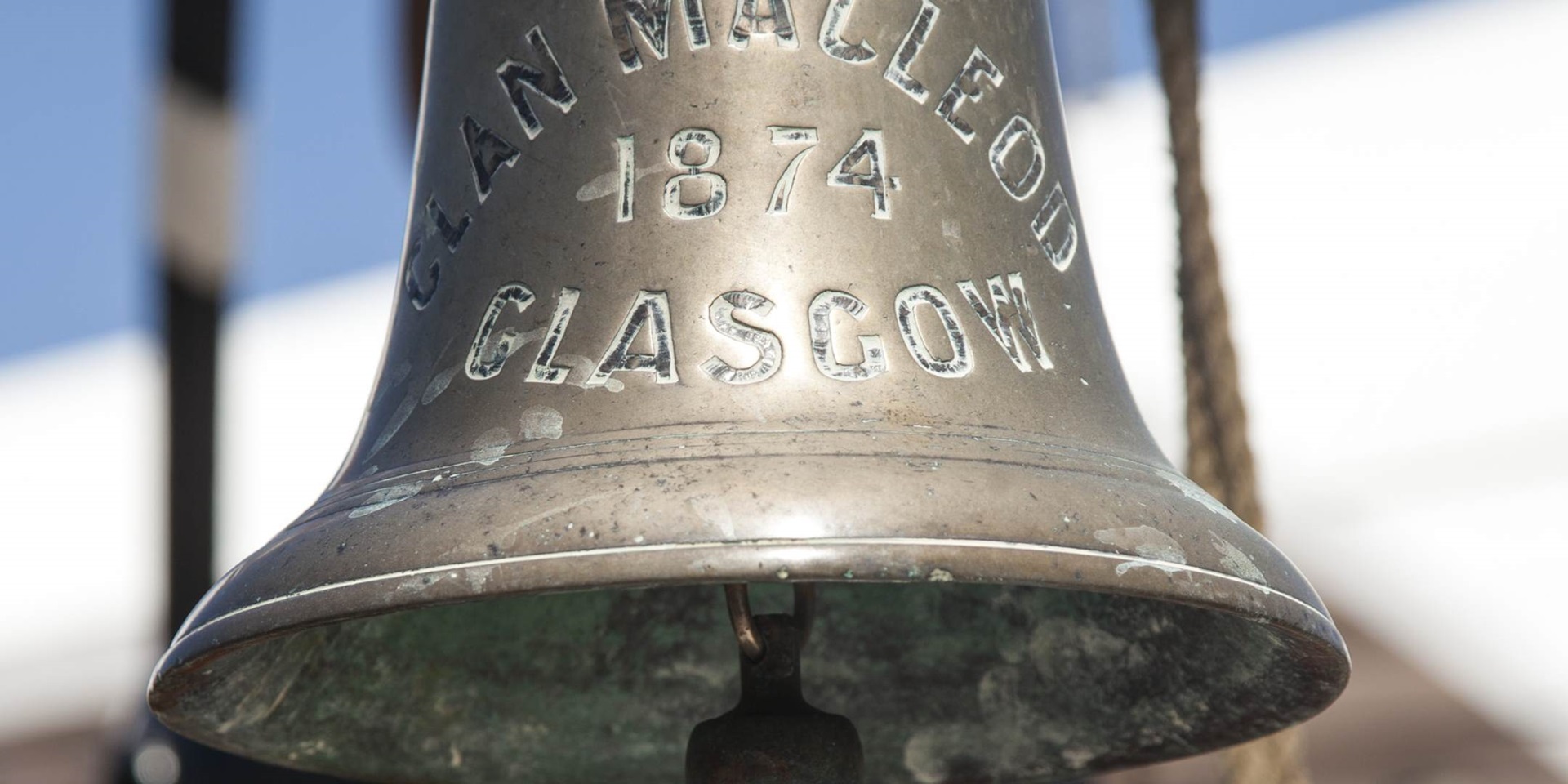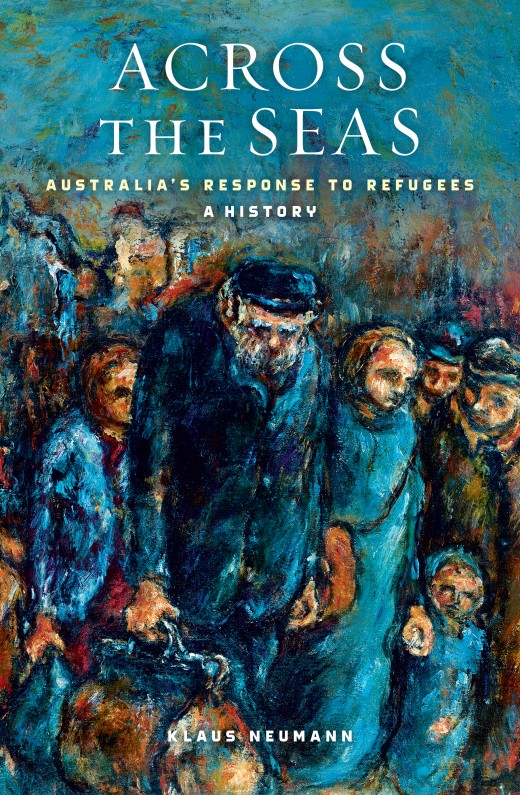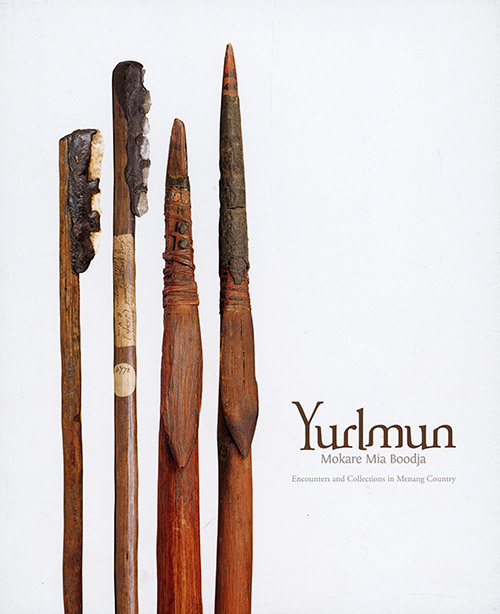
With 31 entries across both prizes, our panel of judges had their hands full compiling shortlists and picking the winners from the strong crop of contenders for the Frank Broeze Memorial Maritime History Book Prize and the Community Maritime History Prize.
The Australian National Maritime Museum and the Australian Association for Maritime History (AAMH) jointly sponsor the Frank Broeze Memorial Maritime History Book Prize and the Australian Community Maritime History Prize. Both prizes reflect the wish of the organisations to promote a broad view of maritime history that demonstrates how the sea and maritime influences have been central to shaping Australia, its people and its culture.
We thank our panel of judges – John Gascoigne (Emeritus Professor of History, University of New South Wales), John Jeremy (naval architect and Honorary Life Member of the museum) and Dr James Hunter (curator of RAN Maritime Archaeology at the museum) for the extensive amount of time and thought that they put into the judging process.
With 23 entries in the book prize, and eight in the community prize, the judges had their hands full compiling a shortlist and then choosing the top three in each category. The 2017 nominations covered a wide range of topics, including shipwrecks, submarines, explorers, boatbuilders and tales of convicts.
Frank Broeze Memorial Maritime History Book Prize
The Frank Broeze Memorial Maritime History Book Prize is awarded for a non-fiction book on any aspect of maritime history relating to or affecting Australia, published in 2015 or 2016 by an Australian citizen or permanent resident. The winner of the 2017 book prize of $4,000 is Klaus Neumann for Across the Seas: Australia’s response to refugees (Black Inc, 2015).

Across the Seas provides a comprehensive analysis of both government policy and public attitudes towards refugees and asylum seekers from Federation to the 1977 federal election campaign. Neumann places the Australian story in the context of global refugee movements, showing how many of the current responses to asylum-seeking ‘boat people’ have earlier parallels.
As one judge said:
A comprehensively researched and eminently readable work that addresses the treatment of refugees in modern Australia. Although the book’s scope is limited to the period between Federation and the 1977 federal election campaign (which coincided with the arrival of Vietnamese asylum seekers), it has clear relevance to current events and ongoing debates regarding the nation’s approach to refugees, and expertly links current attitudes towards refugees with earlier responses.
Another judge noted that ‘detailed analysis of politics and policy such as this can be dry, but the author has brought the subject to life by including individual stories – bringing a human side to the history’. All judges agreed that while the book presents a vast amount of evidence, it doesn’t obscure its overall themes nor its readability. As one judge summarised, Across the Seas will likely ‘remain a standard account of this important and very topical subject’.
The first runner-up was Peter Hobbins, Ursula K Frederick and Annie Clark for Stories from the Sandstone: Quarantine inscriptions from Australia’s immigrant past (Arbon Publishing, 2016), a social history of Sydney’s Quarantine Station that is based on the 1,600-plus sandstone engravings left by immigrants and other visitors who were forced to stay there. ‘Written with flair’ one judge noted, ‘this work imaginatively uses the stone carvings at the Quarantine Station to provide the kernel around which to construct a social history of that institution.’
All judges praised the personal stories that are woven skilfully with the general history of the period, with one judge commenting that the book ‘masterfully brings the stories of these people to life, and a considerable amount of research has clearly been carried out to fulfil this purpose.’ As one judge summarised, ‘the book is a valuable contribution to the historical record of sea travel to the colony’.
The second runner-up was Alan Powell for World’s End: British military outposts in the ‘ring fence’ around Australia 1824–1849 (Australian Scholarly Publishing Pty Ltd, 2016). This work explores the British effort to establish a ‘ring fence’ of fortifications in disparate and largely unsettled parts of the Australian continent as a deterrent to the encroachment by other European powers. As one judge commented, the book ‘extends its scope beyond the forts which are its immediate concerns to a social history of those who manned them including, where possible, the women who accompanied the garrison.’ Considerable attention is also given to the Aboriginal/Torres Strait Islander populations on whose lands these defensive installations were founded. ‘Exhaustively researched and extensively documented’ noted one judge, ‘this work is likely to remain the standard work in the field’.
Australian Community Maritime History Prize
The Australian Community Maritime History Prize of $1,000 is awarded to a regional or local museum or historical society for a publication (book, booklet, educational resource kit, DVD, or other print or digital media) relating to an aspect of maritime history of that region or community, and published between 2015 and 2016. The judges awarded this prize to the Western Australian Museum for Yurlmun: Mokare Mia Boodja (Returning to Mokare’s Home Country).

This small collection of essays was created as an accompaniment to an exhibition of objects collected from Western Australia’s Menang Country by British colonists during the 19th century. These items are now in the collections of the British Museum and were brought back to Australia for inclusion in the exhibition, which was hosted by the Western Australian Museum’s Albany site. One judge remarked that the work ‘expertly provides context for the exhibition objects by addressing the manner(s) and mechanism(s) by which they were collected, highlighting the broader 19th-century European-Aboriginal interaction that facilitated trade in artefacts’. As one judge observed, ‘Artefacts can convey forms of lived experience which this excellent collection of essays shows’.
Another judge commented:
Each chapter is beautifully illustrated and thoroughly referenced, which makes the work both visually compelling and a useful jumping-off point for exploration of the themes it addresses.
The first runner-up was Port Albert Maritime Museum for Port Albert 175 years 1841–2016, a two-part production comprising a history of Port Albert and its fishing industry. The second runner-up was Carol McCurdy for Bundeena Ferries Oral History, an entertaining and informative podcast about the ferry service.
The museum and AAMH would like to congratulate the winners and thank everyone who nominated a publication. The awards will be presented next year, with details still being finalised.
